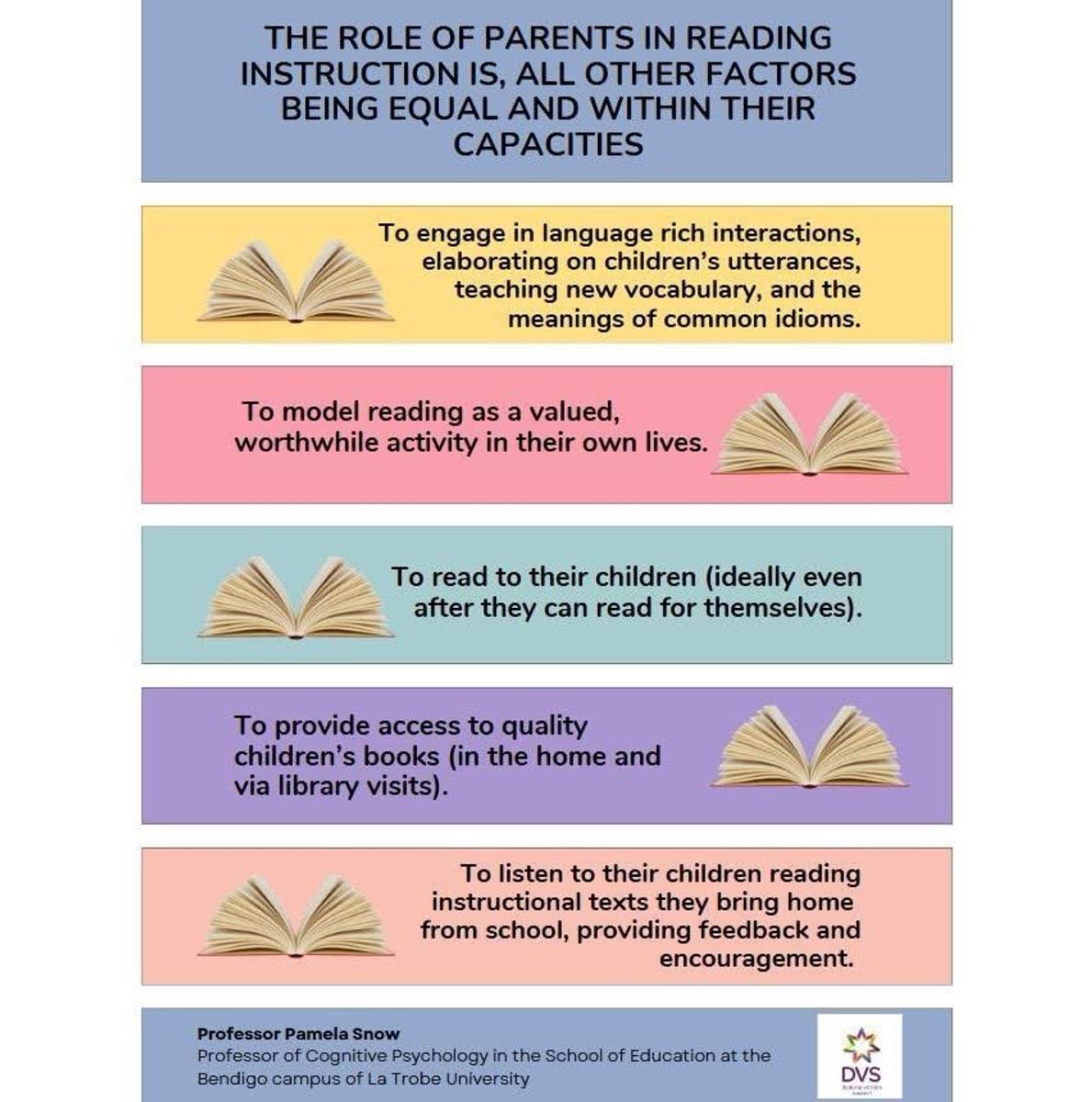Deputy News

Homework at Sacred Heart
Homework is a valuable tool for reinforcing classroom learning and developing essential skills such as time management, responsibility, and independent thinking. At Sacred Heart, we strive to provide meaningful homework that aligns with the curriculum, deepens understanding, and supports skill development while ensuring a balanced approach that respects extracurricular activities and family time.
In Prep, we recognise that reading with children is one of the most enjoyable and beneficial activities a parent, grandparent, or carer can do. Not only does it foster an enjoyabke experience, but it also plays a crucial role in language development. Our early readers will be working with decodable readers rather than leveled readers. These books and passages contain only words that students can ‘decode’ (sound out) based on the phonics skills they have been taught so far. This approach ensures children are practicing the skills they are learning rather than memorising patterned sentences.
In Years One and Two, as some children begin to move on from decodable books, they will start bringing home books grouped by topics such as animals, transport, or sports, featuring a variety of sentence structures. During this transition, there may be times when children need parental support, and that’s okay. Some of the books may also feel easy—this is intentional. At home, the focus is on fluency and enjoyment, while more challenging reading occurs at school. We appreciate your patience and support as your child progresses through this stage—it will pass with time.
In our Junior School, we encourage children to read at home for 10–15 minutes each day. Below are some prompts and tips to help you support your child’s reading.
Our Sacred Heart Playbook outlines the homework expectations for Years 3–6 within the Excellent Bookwork and Daily Correction components. These expectations were developed collaboratively with our Leadership Team and shared with staff during our Closure Day at the beginning of the school year.
In our Middle and Senior School, students are encouraged to read daily, practice maths facts, and complete any unfinished classwork. Occasionally, they may also be asked to conduct research on a given topic.
Research by John Hattie shows that homework in primary school has a low impact on academic achievement. This means traditional homework does not significantly improve learning outcomes at this stage.
So, what does help?
✅ Reading at home – Sharing books with children builds vocabulary, comprehension, and a love for learning.
✅ Practicing key skills – Short, engaging activities related to phonics, number facts, and writing can reinforce classroom learning.
✅ Real-world learning – Encouraging curiosity through discussions, problem-solving, and hands-on experiences supports deeper understanding.
Quality matters more than quantity. Homework should be short, purposeful, and linked to what children are learning in class. At Sacred Heart, we focus on explicit and direct instruction at school which comes with a high cognitive load. This load during the day can be exhausting for children which is we choose to have homework reflect our belief that homework should be manageable, meaningful, and focused on reinforcing foundational skills rather than introducing new concepts. Our approach prioritises reading, maths and practicing key skills to support student learning in a balanced and effective way.
Kate Stroud
Deputy Principal

